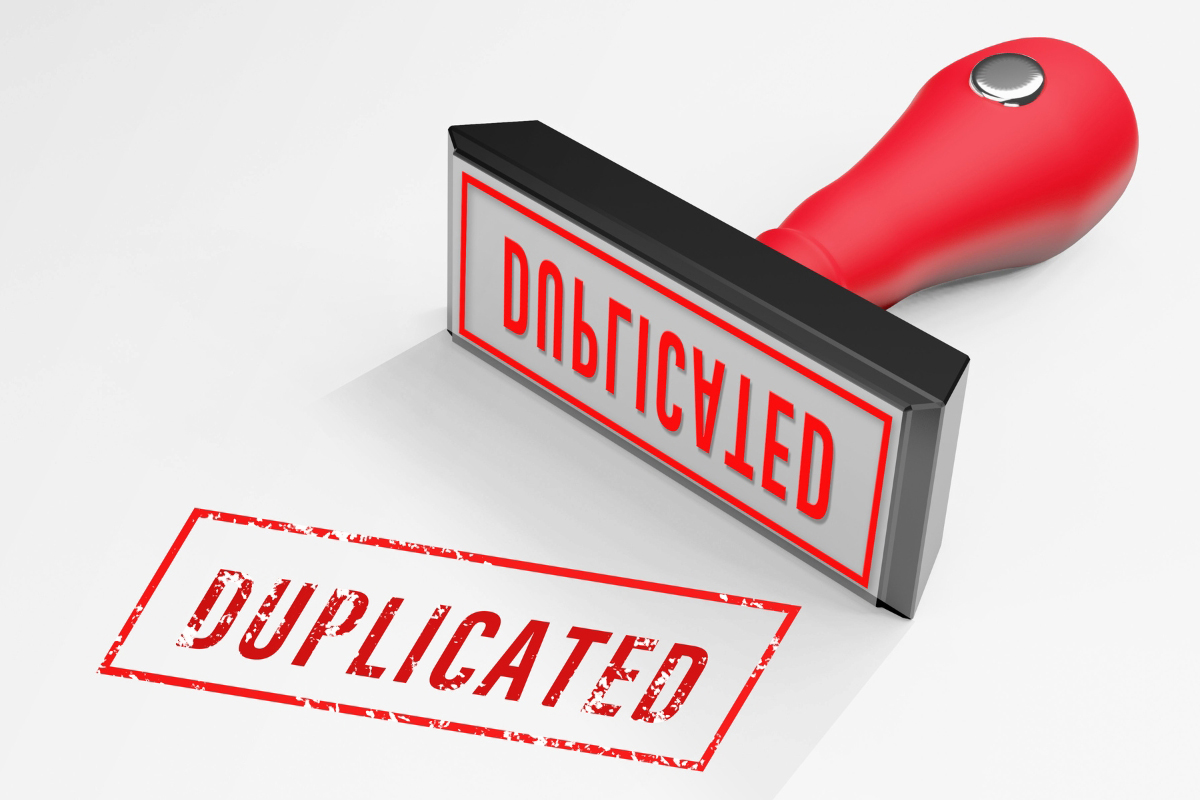
For businesses that operate across multiple cities or counties, GEO landing pages (city- or county-specific pages) are still one of the most effective local SEO strategies in 2025. But many business owners worry: “If I build multiple pages targeting different locations, will Google penalize me for duplicate content?”
The truth is, GEO pages still work, but only if they’re built with unique value. When done incorrectly (copy-pasting the same content with a swapped city name), they risk being ignored or flagged as low-quality. When done correctly, they can boost visibility, drive local leads, and strengthen your overall SEO.
Why Duplicate Content Is a Risk
- Copy-Paste Content – Google can recognize when multiple pages are identical except for city names.
- Low-Value Pages – If a page provides no unique information for users, it won’t rank.
- Cannibalization – Multiple thin pages may compete against each other, weakening your overall domain authority.
How to Build GEO Pages Without Duplicate Content
1. Create Location-Specific Value
Each page should answer: “Why should someone in this city or county choose your business?”
- Mention local neighborhoods, landmarks, or communities.
- Share customer testimonials from that location.
- Highlight local projects or case studies.
2. Customize Service Details by Market
- If you’re a roofing company, note how Tampa’s hurricane season impacts roofing differently than Clearwater’s coastal salt air.
- If you’re a dentist, mention local insurance plans or nearby schools and communities you serve.
3. Add Local Media and Visuals
- Use geo-tagged photos of completed work.
- Add maps, location-specific images, or even local event mentions.
4. Use Unique Meta Titles and Descriptions
Don’t just swap the city name. Instead:
- Tampa page: “Storm-Resistant Roof Repair in Tampa – Trusted Since 2005.”
- Clearwater page: “Coastal Roofing Solutions for Clearwater Homes – Free Inspections.”
5. Strengthen With Internal Linking
- Link each GEO page back to main service pages.
- Cross-link between nearby markets (e.g., Clearwater ↔ St. Petersburg).
- Helps Google understand the local relevance and prevents cannibalization.
6. Use Schema for Local Relevance
- Add LocalBusiness schema for each page.
- Include serviceArea markup to reinforce city or county targeting.
Florida Example: HVAC Company
An HVAC contractor serving Pinellas County could create:
- Tampa Page: Highlight demand for AC tune-ups before peak summer heat.
- Clearwater Page: Focus on salt-air corrosion challenges near the coast.
- St. Petersburg Page: Share testimonials from local homeowners and case studies of multi-unit building work.
Each page provides unique context, ensuring value to both users and search engines.
In 2025, GEO landing pages are still powerful tools for local SEO, as long as they’re not carbon copies of each other. Google won’t penalize you for creating multiple pages, but it will ignore pages that lack unique value. By tailoring content to each location with testimonials, local insights, and market-specific details, your GEO pages will rank higher and convert better.
At SEO Consulting Experts, we help Florida businesses build GEO pages that rank without risking duplicate content penalties.
Contact us today to start creating location pages that capture real leads across every market you serve.

